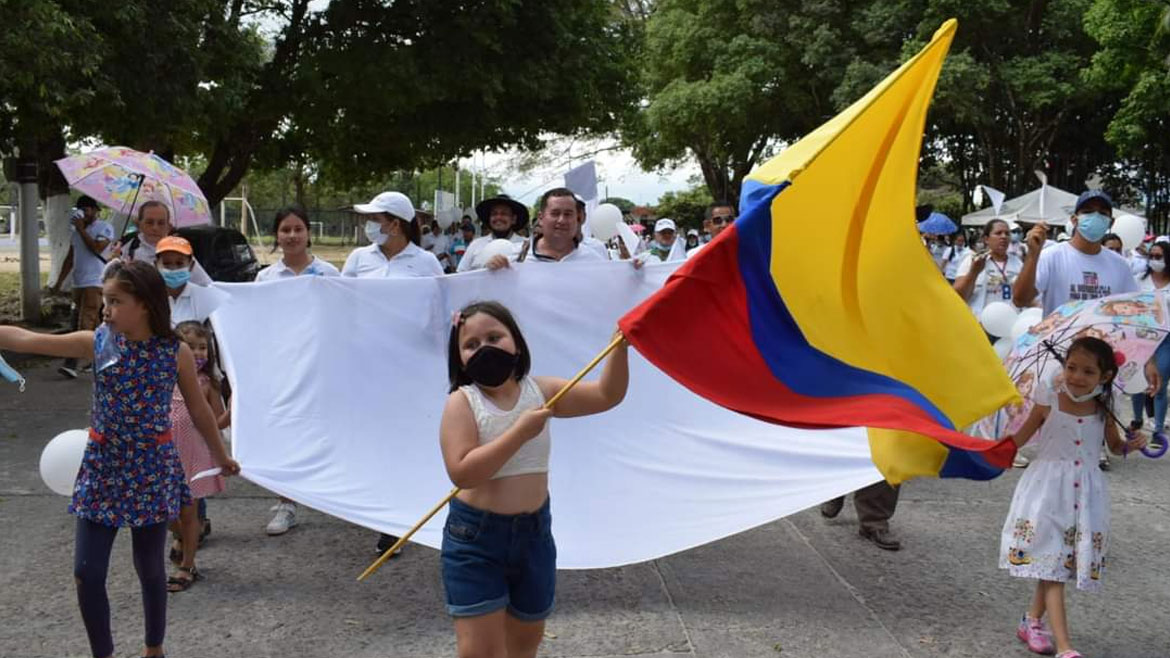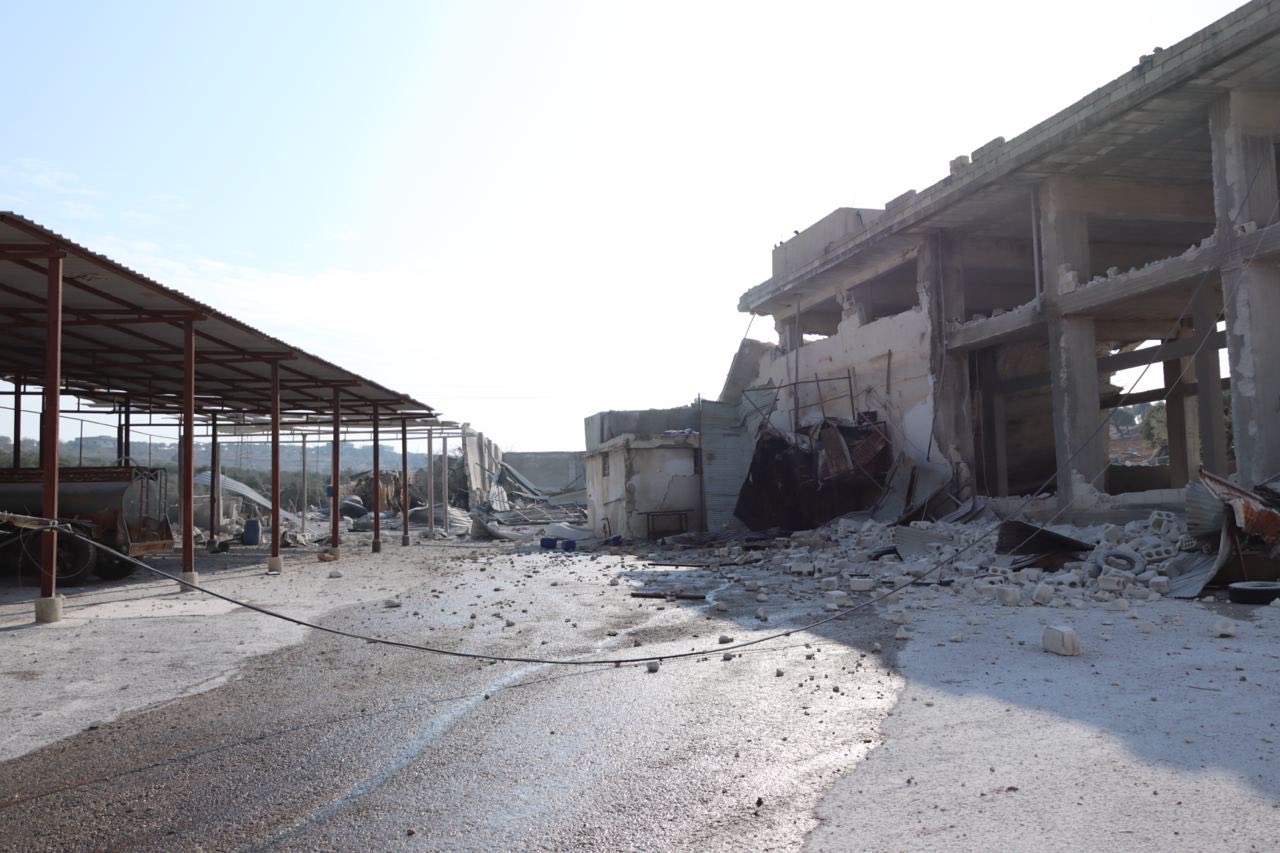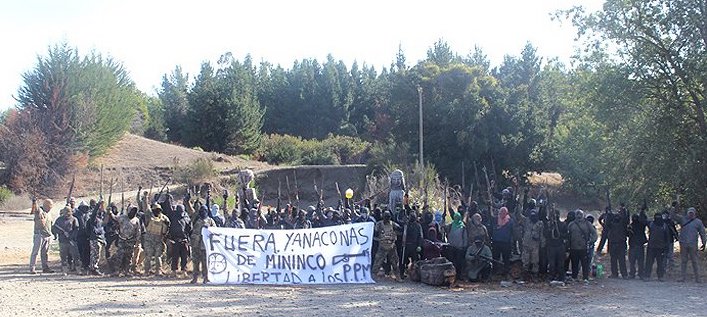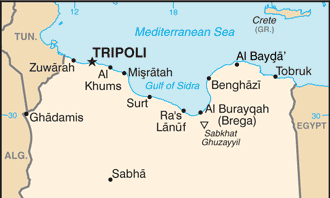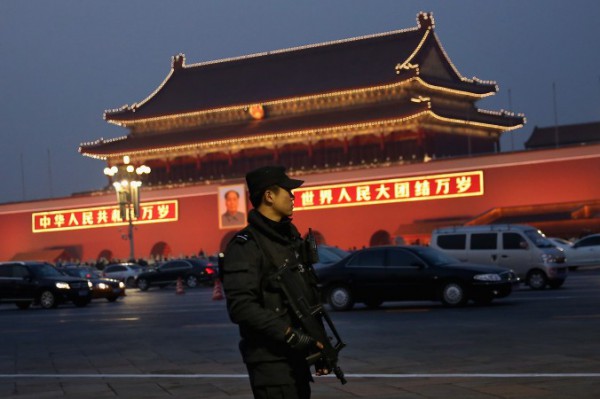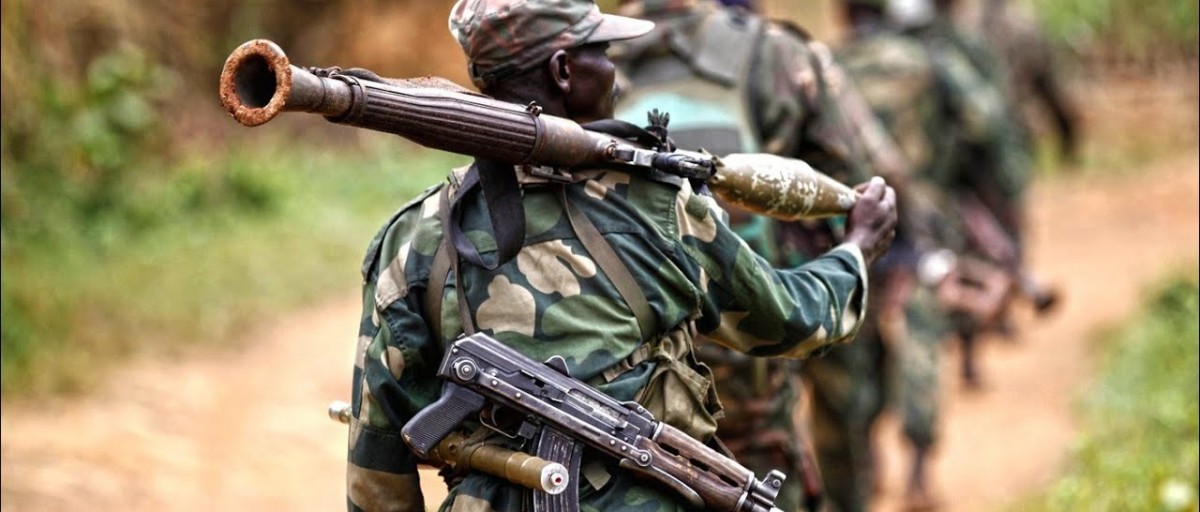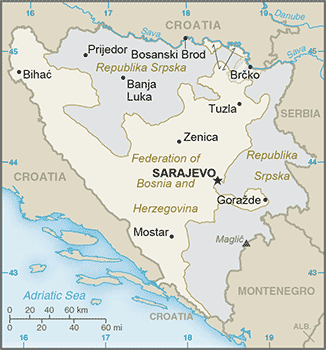
Bosnia re-balkanizing?
The US administration imposed sanctions on several Bosnian officials and a TV station for alleged corruption and for trying to destabilize the state of Bosnia & Herzegovina. Last month lawmakers in the Serb Republic National Assembly voted to begin pulling their republic out of Bosnia’s armed forces, judiciary and tax system. Largely at issue is legislation in the unified Bosnian parliament banning the denial of genocide. Bosnian Serb political leaders refuse to acknowledge that the 1995 massacre of some 8,000 Bosnian Muslims at the town of Srebrenica constituted genocide. (Map: University of Texas Libraries)




